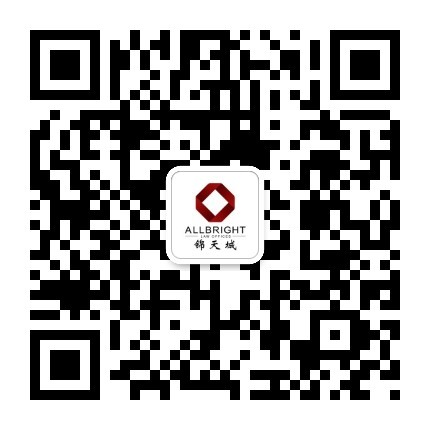Export Control Law of the People’s Republic of China Released
ISSUING AUTHORITY:
Standing Committee of the National People's Congress
DATE OF ISSUANCE:
October 17, 2020
EFFECTIVE DATE:
December 1, 2020
On October 17, 2020, the Export Control Law of the People’s Republic of China (“Export Control Law”) was promulgated by the Standing Committee of the National People’s Congress and became effective on December 1, 2020. However, as the controlled item list has yet to be published, the Export Control Law is currently very limited in scope.
The Provisions on the Unreliable Entities List (“Unreliable Entity List”) which promulgated on September 19, 2020 primarily sets restrictions on people/entities and applies to both imports and exports. Further, it also applies to matters such as investment as well as visas and immigration. The Export Control Law, however, mainly targets the transfer of controlled items to overseas. The Export Control Law is similar in scope to the US Export Administration Regulations (EAR) in two respects. Firstly, both apply to exports only; secondly, both place great importance on end user/buyer, for instance, EAR mainly targets certain overseas entities, while one of the factors that will be considered by the Chinese authorities when deciding whether to issue an export control licence is the identity of the overseas end-user because the Export Control Law requires the end-user to undertake not to transfer the controlled items to a third party.
I. Changes Brought to China's Existing Export Control System
The changes of the Export Control Law brought to the China’s existing export control system include the expansion of the scope of controlled items and export activities, the addition of new measures such as temporary control and ban, the establishment of control list for importers and end-users (“Control List for IE”), the encouragement of enterprises to establish internal export control compliance system and the imposition of criminal liabilities, etc.
II. Main Aspects of the Export Control Law
(1) Controlled items under the Export Control Law include:
● dual-use items, military products and nuclear items;
● other goods, technologies, services and items relating to the safeguarding of national security and interests;
● technical information and data relating to the controlled items.
(2) Entities to be controlled under the Export Control Law include:
● exporters which may export items listed in the control list, or items temporarily controlled/banned;
● service providers engaging in illegal acts relating to export control;
● importers and end-users which are listed in Control List for IE.
(3) The Export Control Law not only regulates general export activities, but also applies to:
● activities that are deemed as export: activities of providing controlled items by Chinese citizens, legal persons and organizations to foreign organizations and individuals;
● re-export: the transit, transshipment, through transport, or re-export of controlled items;
● special export: the export of controlled items from areas under special supervision of the Customs, such as bonded zones and export processing zones, as well as bonded supervision areas such as export supervision warehouses and bonded logistics centers.
(4) In the Export Control Law, there are three types of control measures as follows:
● control measures over items, including the inclusion of items in the control list, the implementation of temporary control measures (the temporary measure shall not exceed two years and can be removed, extended or included in the control list), export bans (ban on all exports, or export to particular entities), etc.;
● control measures over importers and end-users which are listed in the Control List for IE, such as prohibiting or restricting the transaction of relevant controlled items, ordering the importers and end-users to suspend the export of relevant controlled items, etc.;
● reciprocal measures which apply to countries and regions abusing export control measures against China.
(5) Severe punishment, including criminal and administrative liabilities as well as extraterritorial effect, may be imposed for violating the Export Control Law.
III. Conclusion
The Export Control Law is not only an integration and adjustment of China’s existing export control system, but also another powerful weapon for China to safeguard its national security and interests. Enterprises are suggested to pay close attention to the publication of control list of items, Control List for IE, the Unreliable Entity List and other related documents as well as establishing sound export compliance system so as to ensure compliance with China’s export control system under the Export Control Law.
Reference:







